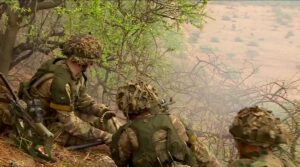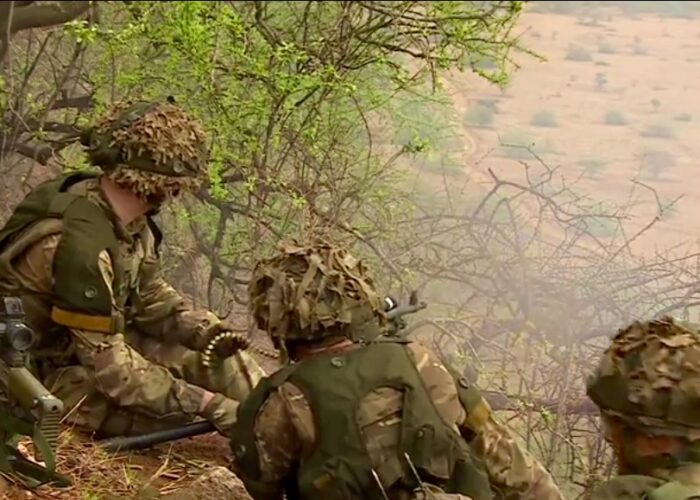
Remembrance Day gives us a chance to commemorate war victims and fallen heroes, but many tend to overlook those who continue to be affected by war.
To challenge the perceptions of veterans, Liverpool John Moores University’s Criminal Justice Research Group has launched a nationally-funded research project for future generations to relate easier to the World Wars.
The starting point of the Reimagine the Veteran project dates back to 2008 where an investigation by the National Association of Probation Officers revealed that 20,000 of the country’s service personnel were in prison.
Additionally, a report by the Howard League in 2011 found that people who have been in the military are more likely to commit a violent offence.
Dr Emma Murray, senior law lecturer at LJMU and lead investigator for the Reimagine the Veteran, told JMU Journalism: “That’s where my focus came from, to have a look at how veterans embody their military past within a criminal justice setting; the tensions between being a veteran and a criminal in terms of identity and how they feel about their identity being taken into that setting.”
She highlighted that ‘violent veterans’ see their behaviour on a continuum from national defender to national offender and they are embodying two different security systems. However, the violence is different in a combat zone, as the offence they’ve been convicted of rarely includes weapons.
Reimagine the Veteran offers an alternative platform for them to express their experiential qualities and sensual qualities of both conflict and coming home – using their own language, not mediated through the media, academics, or charities. It is about how war is experienced from the veteran’s own words.
YouTube: Emma Murray
https://www.youtube.com/watch?v=jWdzMBLaY5c&
Dr Murray said: “There are assumptions that veterans don’t talk about and because of military cultures, but also because they come home to an information landscape that’s exaggerated with representations of that. Because of that, they already know what it’s going to be like to come home before they’ve gone.”
When participants of the investigation were asked about their military experiences, most claimed they did not see Afghanistan or Iraq as a problem. Those who don’t have PTSD assumed that they are either depressed or alcoholic, and some said that going back into military would be the only solution to ‘sort them out’.
“I think we need to listen to them,” said Dr Murray. “We need to listen to what that is about and that powerful narrative of it was the lack of war that was the problem not war itself.”

